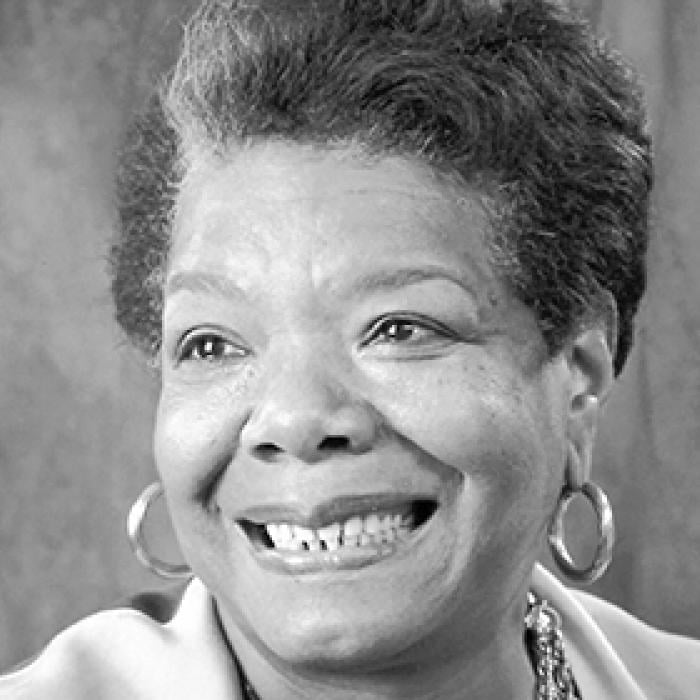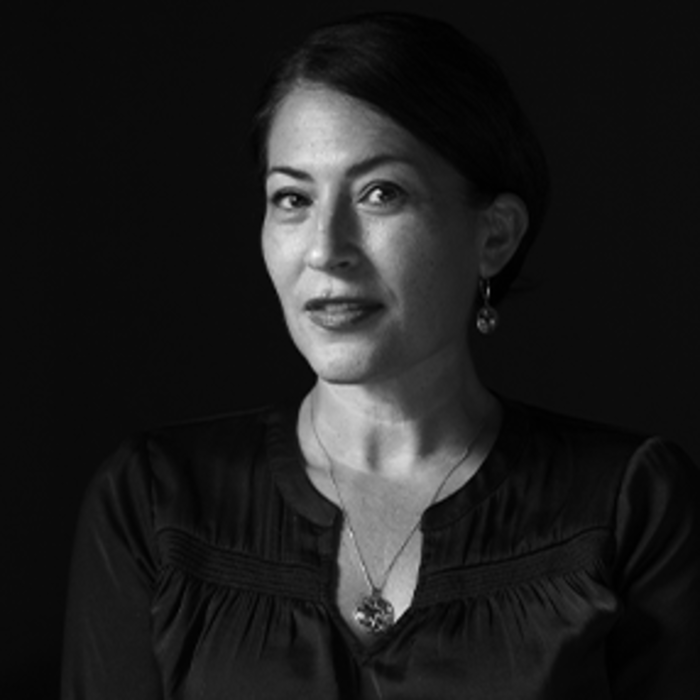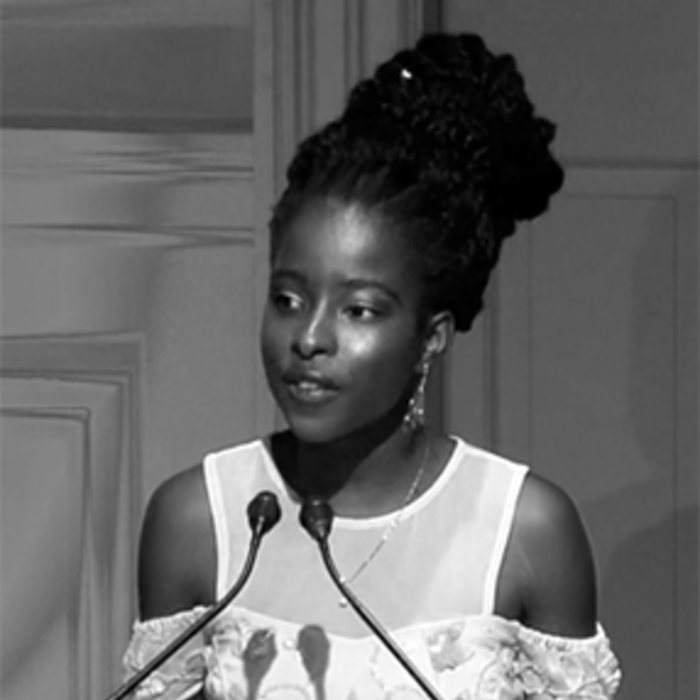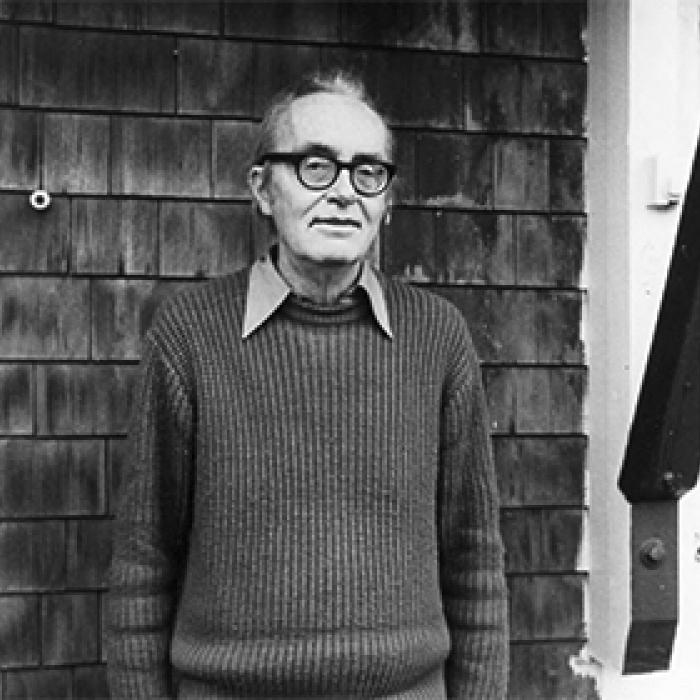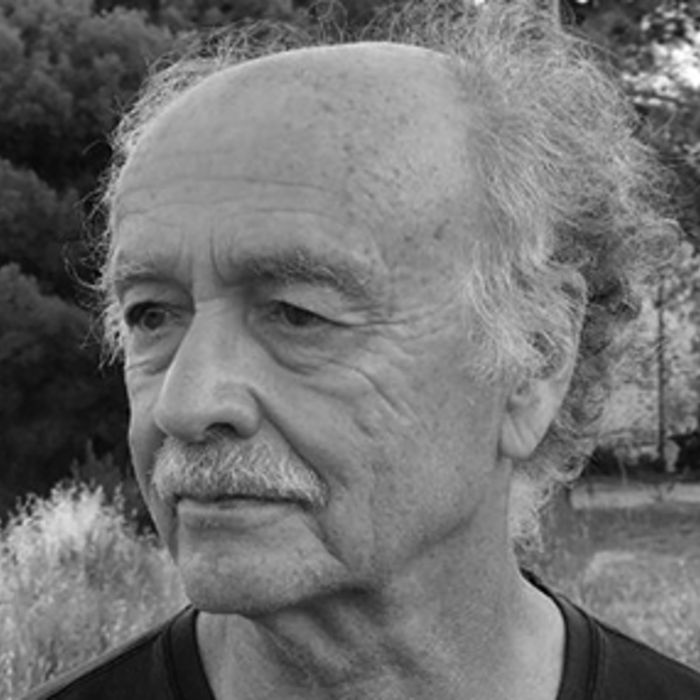Norman Dubie
Norman Dubie was born in Barre, Vermont, on April 10, 1945. He began writing poetry at eleven, and was influenced by John Keats and D. H. Lawrence. During Dubie’s childhood, his father had a religious conversion, began studying theology, and moved the family to New Hampshire. The young Dubie watched his father become politically active in his parish and encourage support of the Civil Rights Movement.
After finishing high school, Dubie had hoped to play football for West Point, but instead followed his father’s wishes and enrolled at the University of New Hampshire in Durham, where he failed every subject except English and geology. Dubie took nine months off from his studies and was later rejected by the draft due to high blood pressure. He enrolled at Goddard College in Vermont and received his BA in 1965. He then received a fellowship from the Iowa Writers’ Workshop, where he earned his MFA in 1968, as well as an invitation to stay on as a member of the program’s regular faculty.
Dubie’s first book, Alehouse Sonnets (University of Pittsburgh Press, 1971) was written during a blizzard while he was still a graduate student. The manuscript of poems was chosen as a runner-up for the International Poetry Forum Prize and was later published by the University of Pittsburgh Press in 1971. Richard Howard, one of the poets on the jury, urged Dubie to establish an MFA program at Arizona State University in Tempe, and in 1975 Dubie accepted a position there as consultant in the arts and launched their creative writing program, though he did not accept the title of director.
In 1975, Dubie published four books of poetry, and a year later received a Guggenheim Fellowship. Since then, he has published numerous collections of poetry, including The Quotations of Bone (Copper Canyon Press, 2015); The Volcano (Copper Canyon Press, 2010); The Insomniac Liar of Topo (Copper Canyon Press, 2007); Ordinary Mornings of a Coliseum (Copper Canyon Press, 2004); The Mercy Seat: Collected & New Poems 1967–2001 (Copper Canyon Press, 2001); Selected and New Poems (W. W. Norton, 1986); and The Clouds of Magellan (Recursos de Santa Fe, 1992). His work has been translated into more than thirty languages.
In an interview published in American Poetry Review, Dubie said that he aims to “challenge whatever the assumed limits of the lyric are.” He is well known for poems that invoke the characters and voices of other writers and artists such as Anton Chekhov, Marcel Proust, Ingmar Bergman, and Auguste Rodin.
Dubie received the Bess Hokin Prize from the Poetry Foundation and the 2002 PEN Center USA Literary Award for Poetry, as well as fellowships and grants from the Ingram Merrill Foundation, the Guggenheim Foundation, and the National Endowment for the Arts.
Dubie was the Regents Professor Emeritus of English at Arizona State University until his death on February 20, 2023.

